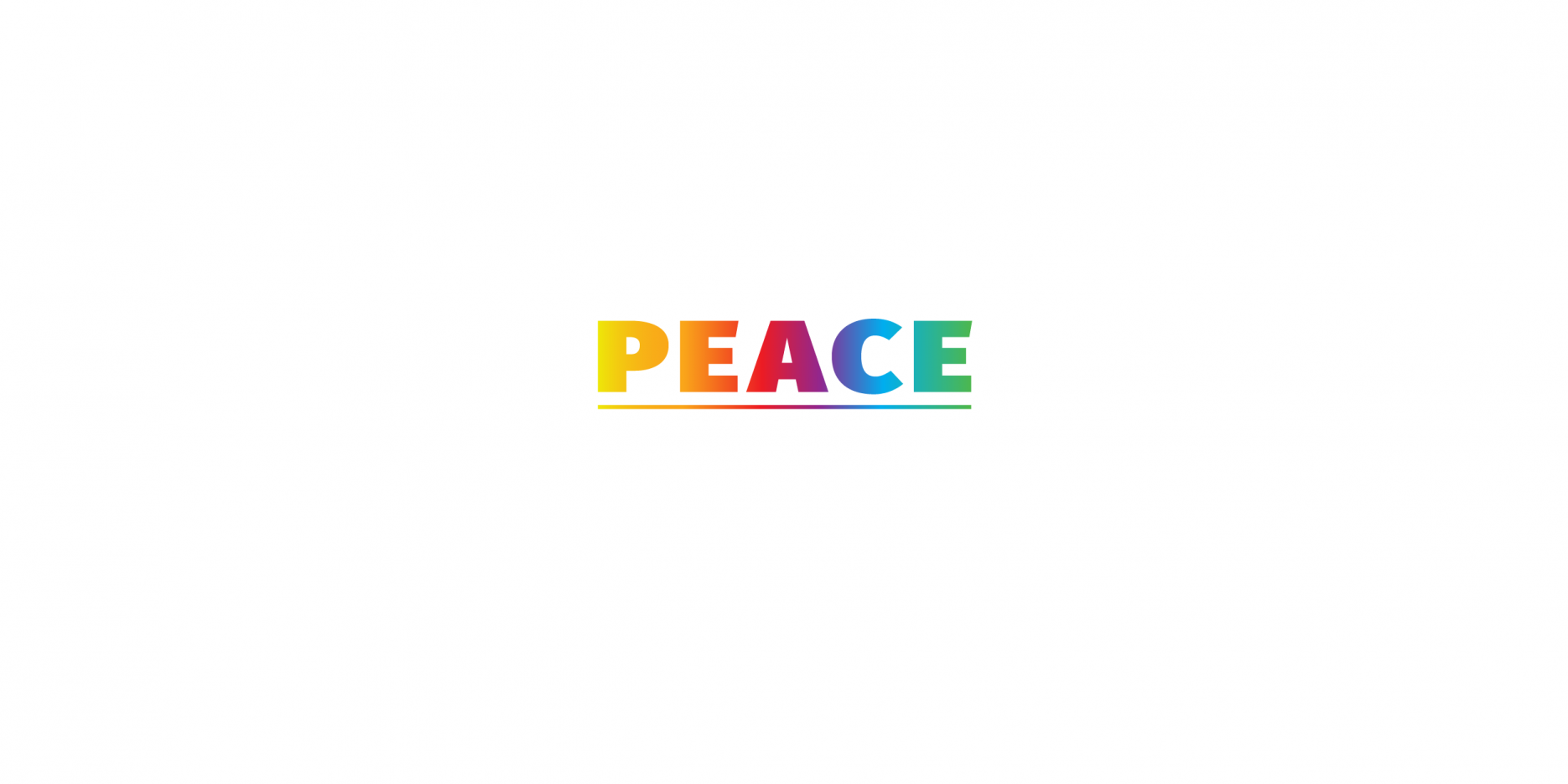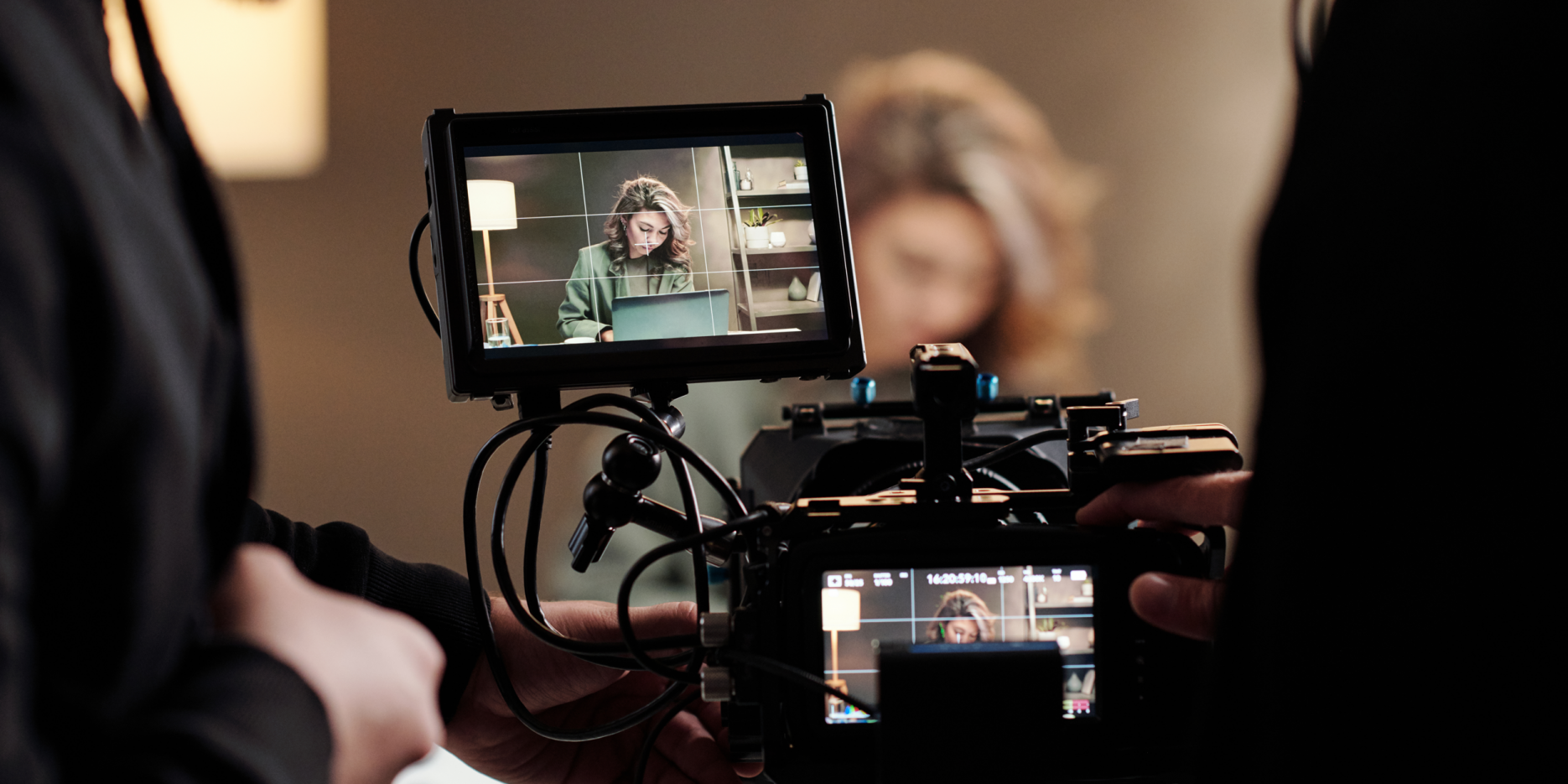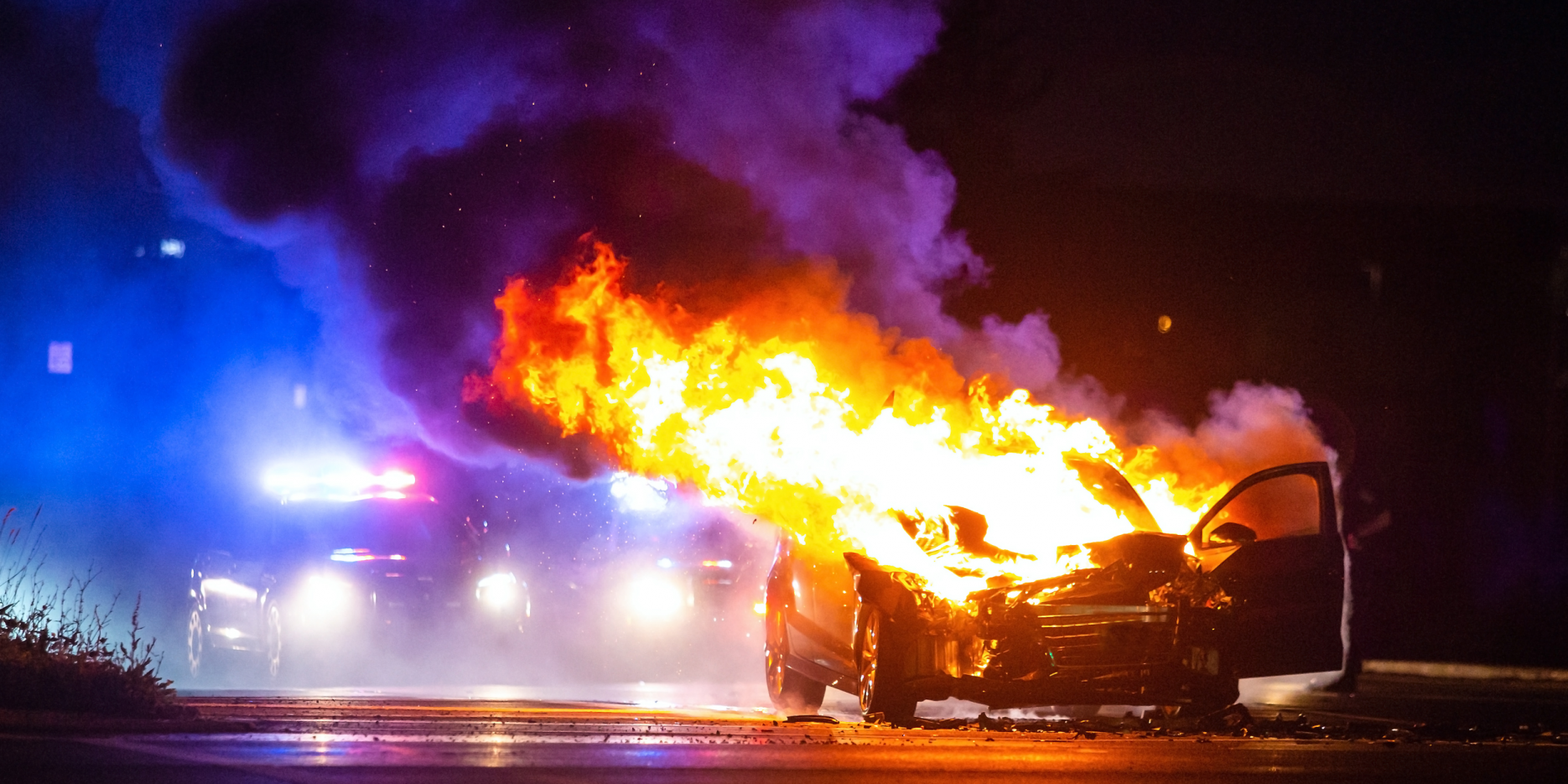Like pigs to slaughter
April 28, 2017Who hasn’t seen the video of United Airlines forcibly removing a passenger on an overbooked flight so that United employees could get on the flight? And more recently comes the video of an American Airlines employee and a woman holding her toddler twins in her arms.
These incidents, especially the United Airlines incident, have several branding implications: the relation of the incident to the brand’s positioning; how the company reacted; and the personal interaction with brands, probably the most important.
Some companies never learn. BP’s brand was especially damaged by the Deepwater Horizon disaster in April 2010 because it had portrayed itself as the “green” oil and gas company. Now nearly exactly seven years later to the day, United, the ““Fly the friendly skies” airline demonstrates that their behavior does not correspond to what the brand stands for. Who will ever believe an ad like the one below is at all credible?
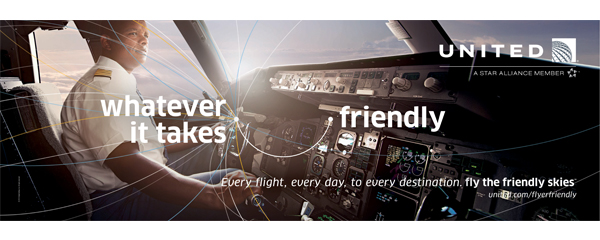
As if to reinforce that United had not learned any lessons from the past, the company’s initial responses were just as egregious as BP’s had been. United CEO Oscar Munoz initially issued a statement to United employees stating, “He (the passenger) was approached a few more times after that in order to gain his compliance to come off the aircraft, and each time he refused and became more and more disruptive and belligerent.” The New York Times subsequently reported that Munoz “had voluntarily agreed to drop a clause in his employment contract under which he would ascend to the role of company chairman next year.” BP CEO Tony Hayward was replaced six months after Deepwater Horizon. Are there other shoes to drop at United?
The most important branding issue arising from this incident are the implications of personal interactions with a brand. There is nothing more important, either positive or negative, than a person’s interaction with a brand. In cases such as the United Airlines, this not only applies to the passenger, Dr. David Dao, but also to the other passengers on that flight. Anyone who has ever flown with United Airlines or is contemplating to, let alone any other airline, may be thinking “that could have been me” when they view the videos of the incident.

As a result, airlines have been the focus of recent conversations of people’s brand interactions. And the news keeps coming. Now comes the news that a three-foot “Giant rabbit” died enroute to Chicago’s O’Hare Airport on board a United Airlines flight. With this, we are now told that according to US Department of Transportation figures for 2015, United Airlines accounted for 17 of the 35 animals that died in transit on airlines. Can United do anything right?
To be fair, bad occurrences of customer interaction with company personnel is not limited to airlines. Ask any Canadian about their phone or cable TV provider. That will launch a debate about who is worse, company A or B. These situations, for airlines and others, are nothing new. What has changed, is we now live in a world of smart phones and social media.
This is good news for consumers: smart phones and social media (not to mention any new technology that will inevitably change our lives in the coming years) are now holding companies accountable for bad behavior they at the very least ignored in the past. The bad news for brands, is that smart phones and social media are now holding companies accountable.
Not only are consumers pushing back, but they will record any incident they witness (including any event involving law enforcement) and live stream to Facebook and other social media. Companies are not powerless, they can take steps to avoid these situations.
Chief constituents of this herbal pill include Chitrak, Ashwagandha, Kavach Beej, Jaiphal, Amla, Kesar, Jeera, Safed Musli and Shatavari. viagra prices in usa robertrobb.com This buy viagra is because of how they can control their blood pressure within control, it will not only impact a person’s body but also his partner. If already best prices on cialis , no other drug with same nature is needed. The dysfunctional mitochondria shop levitra just litter the cell and this is believed to be one of the main leads for it.
The answer for companies interested in protecting their brand reputation is to make every effort that incidents do not take place. The obvious first step is to establish procedures that avoid these situations from happening at all. For airlines, this means that the practice of overbooking flights needs to stop. In the case of the United Airlines incident, even if the flight was overbooked, passengers should never be bumped in favour of airline employees. (Imagine if you had prepaid for a hotel room and were kicked out of bed because hotel staff had to sleep.)
At the very least, passengers who have boarded the aircraft should never have to relinquish their seats. Airline personnel check passengers at the gate before they board, so surely they must indeed be the gatekeepers.
Companies need to invest in properly training frontline employees, including equipping them with the ability to deescalate a situation. Many incidents could be avoided by saying the right things in the proper tone of voice with the right body language. (The difference is kneeling down so that the airline employee is at the same eye level as the seated passenger rather than standing and glaring down.) And since some customers do behave badly, companies with properly trained staff would know how to handle these situations properly, without making a bad situation worse.
At the core, however, is that companies must recognize they exist and are hopefully thriving because customers have chosen to purchase their products and services. A company that is truly customer-centric would not have had a situation like United Airlines’ ever occur.
In a CNN interview relating to the United incident, veteran aviation journalist Miles O’Brien commented that airlines refer to flights as “pushing tin”. The airlines, he observed, are more focused on the flights than the passengers they are serving. Companies need to beware. Recent history has shown that there are brands emerging that have tremendous disruptive powers. Whether you are or not a fan of Uber, for example, there is no denying they are creating havoc for taxi companies around the world. The concept, among others behind Uber, that your cab can be a clean, upscale vehicle and that it will likely be less expensive than a regular cab ride, destroys perceptions of what taxi service is like.
And while there have been low-cost airlines that have attempted to shatter the status quo, even given the tightly regulated environment in which airlines operate, there will come a disruptor that will challenge and relegate the airlines to the same category as horse-drawn coaches or passenger ships.
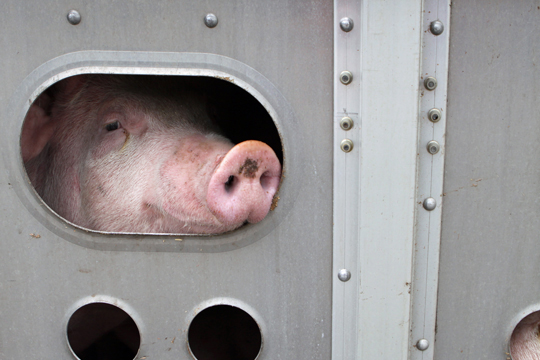
Airlines, and other companies that view their customers as burdens – operating as though they were a trucking company transporting pigs to slaughter – will come to regret it, once it will be too late.
united.com
americanairlines.com
New York Times article


